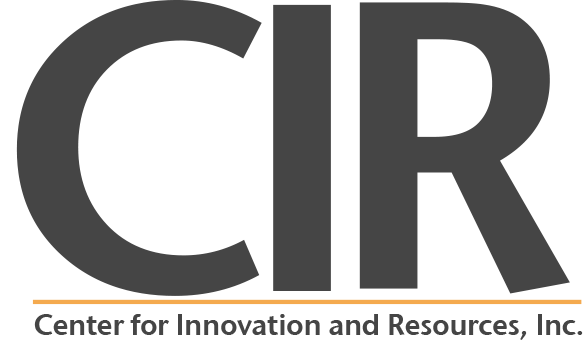Training & On-Demand Learning
Find an archived training you'd like to watch? Click the title and register for the link!
-
Those most qualified to identify practices when working with people with disabilities are individuals who have lived experience. This unique training opportunity brings together a panel of adults with various disabilities who discuss their experiences, both positive and negative, around accessing and receiving services. We are in a time where accessibility and accommodations should be readily available for all rather than something to be requested. From inviting environments to communication, our panelists share what works and what they wish providers would know when serving those with disabilities. Watch this powerful panel discussion!
-
This training explores the specifics around trauma and abuse within the special needs community. We discuss what circumstances place this community in a significantly higher risk category and current research on the impact of trauma to a person with disabilities. Finally, participants review case studies and learn about assessment options and treatment plans for clients with special needs.
-
This training focuses on basic knowledge and common characteristics of Intellectual and/or Developmental Disabilities. It also discusses tips and best practices on how to effectively communicate with persons with Intellectual and/or Developmental Disabilities, including the use of Augmentative and Alternative Communication (AAC) and other devices, and the use of interpreters. Lastly, this course provides de-escalation techniques while working with persons with disabilities.
-
This workshop explores the historical context of disability within society, highlighting the role that ableism plays in shaping professional and clinical practice. Attendees reflectively examine internalized messages and potential implicit biases formed around people with disabilities. Participants engaged in methods of learning and unlearning with a particular focus on disability-responsive practices in their spheres of influence. This workshop provides an understanding of ways to serve people with disabilities in a disability-responsive manner across the lifespan.
-
This training discusses how we can support people with developmental disabilities to build healthy and meaningful relationships, while also providing them with information to build healthy and meaningful relationships, while also providing them with information about sexual abuse and coercion. The speakers discussed resources that are available for providers, schools, and parents to support them to directly teach people with developmental disabilities about safe relationship development, sexual health, and how to decrease risk factors associated with sexual abuse. Following the first half of the training, participants had the opportunity to ask questions directly to the presenters in our Q&A portion of the webinar.
-
Amplifying the voices and building on the work of autistic and other neurodivergent self-advocates, this presentation by Dr. Lau compares differences between the median and social model of disability, highlights historical and societal factors resulting in inequity for neurodivergent individuals, and provides suggestions for moving forward in the field of mental health to improve equity and inclusion for neurodivergent individuals.
See a list of upcoming events from all CIR projects, by visiting:


